Barstool Sports, a multimedia sports and pop culture brand founded by Dave Portnoy in 2003, has grown into a cultural phenomenon. Known for its edgy content and unapologetic style, Barstool has amassed a large and loyal following. However, the company has also been at the center of numerous controversies that have sparked debates about its impact on media, sports culture, and society at large.
The Early Years and Rise to Prominence
Barstool Sports started as a free sports newspaper distributed in the Boston area, primarily focusing on gambling ads and fantasy sports projections. With the rise of digital media, Barstool transitioned to an online platform, expanding its content to include blogs, videos, podcasts, and social media posts. This shift allowed Barstool to tap into a broader audience, particularly among young male sports fans.
The company’s brand of humor, often described as irreverent and provocative, became its hallmark. Barstool’s willingness to push boundaries and its unfiltered take on sports and pop culture resonated with many but also attracted significant criticism.
Key Controversies
- Misogyny and Offensive Content One of the most persistent criticisms of Barstool Sports is its treatment of women. The company has been accused of promoting misogynistic content and fostering a hostile environment for female employees and subjects of their content. For instance, founder Dave Portnoy has made numerous comments that many consider sexist, including derogatory remarks about women’s appearances and sexually explicit jokes. In 2017, a former employee, Sophia Amoruso, accused Barstool of perpetuating a culture of misogyny, which sparked further public scrutiny. Additionally, the company’s “Smokeshows” section, which featured photos of attractive women often submitted without their consent, drew significant backlash.
- Racial Insensitivity Barstool Sports has also faced allegations of racial insensitivity. Critics have pointed to instances where the company has published content that many deem racially offensive. In one notable example, a video resurfaced in which Dave Portnoy made racially insensitive comments about Colin Kaepernick’s protest against police brutality. Despite Portnoy’s attempts to clarify his comments, the incident damaged the company’s reputation among some audiences.
- Legal and Ethical Issues Barstool Sports has encountered several legal and ethical challenges. In 2019, the National Labor Relations Board (NLRB) investigated the company after Portnoy tweeted threats to fire any employees who engaged in union activities. The investigation concluded with Barstool agreeing to delete the anti-union tweets. Additionally, the company has been involved in multiple lawsuits, including defamation cases and disputes over the use of copyrighted material. These legal battles have further fueled the perception of Barstool as a contentious and often reckless entity.
- Toxic Work Environment Reports of a toxic work environment have plagued Barstool Sports. Former employees have spoken out about a culture of intimidation and harassment, with claims that dissenting voices were often silenced or pushed out. This environment, critics argue, has hindered the company’s ability to address internal issues effectively and foster a healthy workplace culture.
Defenders and Critics
Despite the controversies, Barstool Sports maintains a substantial and devoted fan base that appreciates its unfiltered approach and willingness to challenge conventional media norms. Supporters argue that Barstool provides a refreshing alternative to traditional sports media, offering content that resonates with its core audience.
Defenders also point to Barstool’s charitable efforts, such as the Barstool Fund, which raised over $40 million to support small businesses affected by the COVID-19 pandemic. These initiatives demonstrate the company’s ability to mobilize its audience for positive causes.
On the other hand, critics argue that Barstool’s influence is harmful, perpetuating negative stereotypes and contributing to a toxic media landscape. They contend that the company’s refusal to conform to societal norms of decency and respect has wider implications, particularly in an era where media consumption shapes public attitudes and behaviors.
The Future of Barstool Sports
As Barstool Sports continues to grow and evolve, the controversies surrounding it remain a significant part of its identity. The company’s future will likely involve navigating the tension between maintaining its edgy brand and addressing the legitimate concerns of critics and detractors.
In recent years, there have been signs that Barstool is attempting to adapt. The company has made efforts to diversify its content and bring in new voices that can broaden its appeal and mitigate some of the backlash. However, whether these changes will be enough to overcome its controversial past and reshape its public image remains to be seen.
Conclusion
Barstool Sports is a complex entity, beloved by many for its bold approach to sports media but equally criticized for its problematic content and practices. The company’s controversies underscore broader issues in media and society, highlighting the challenges of balancing free expression with social responsibility. As Barstool navigates these turbulent waters, its legacy will continue to be a topic of intense debate and scrutiny.

